“Failing Forward” is a relatively recent entry into our cultural lexicon–at least as far has headlines go anyway–that has utility for students and teachers.
Popularized from the book of the same name, the idea behind failing forward is to see failing as a part of success rather than its opposite. Provided we keep moving and pushing and trying and reflecting, failure should, assuming we’re thinking clearly, lead to progress, So rather than failing and falling back, we fail forward. (Quoted from post)



 Your new post is loading...
Your new post is loading...
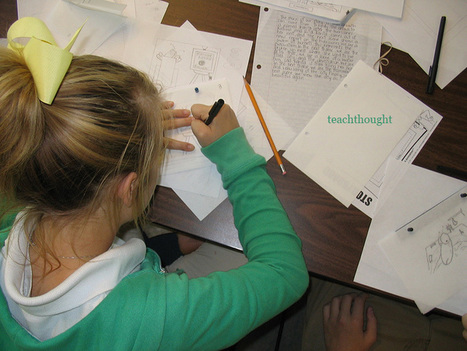








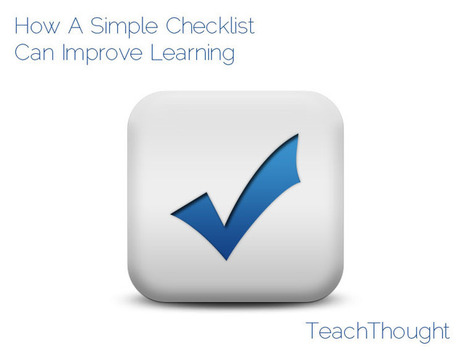
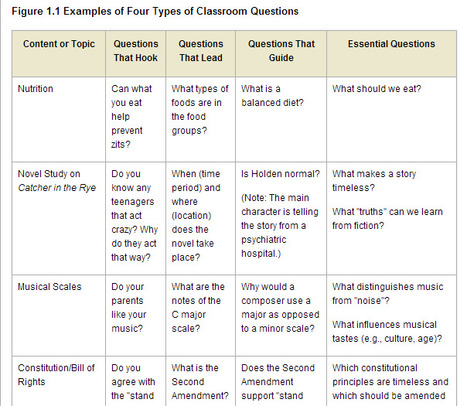



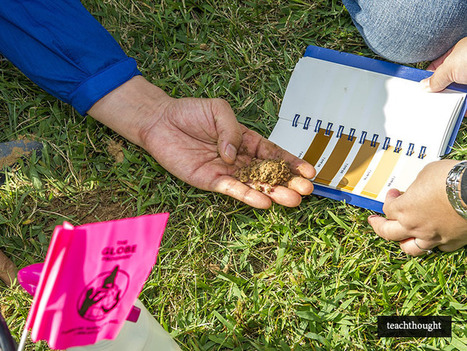



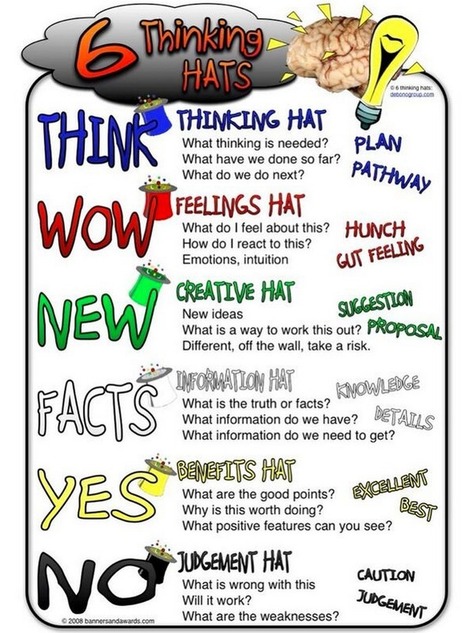





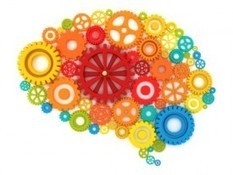





We should find every means possible to celebrate the process of failure in order to achieve success.
Great for even adult having to learn in a different way different from their norm! Because even for adults failing to be able to properly teach is frightening because you don't know how, and the relearning differently process is frustrating to a point but the fact that we are yet alive with the opportunity and new resources to try to learn by different methods and with failure made a positive instead of a negative along the way, the failure of that way does not leave the negative effect that it once did that makes us feel like giving up but some how brings an attitude of ok this didn't work but there is something else lets try that. I am thankful to all for the posting about education an learning tools, resources, techniques as I am hopeful and thankful that that new way to learn will come if I faint not.